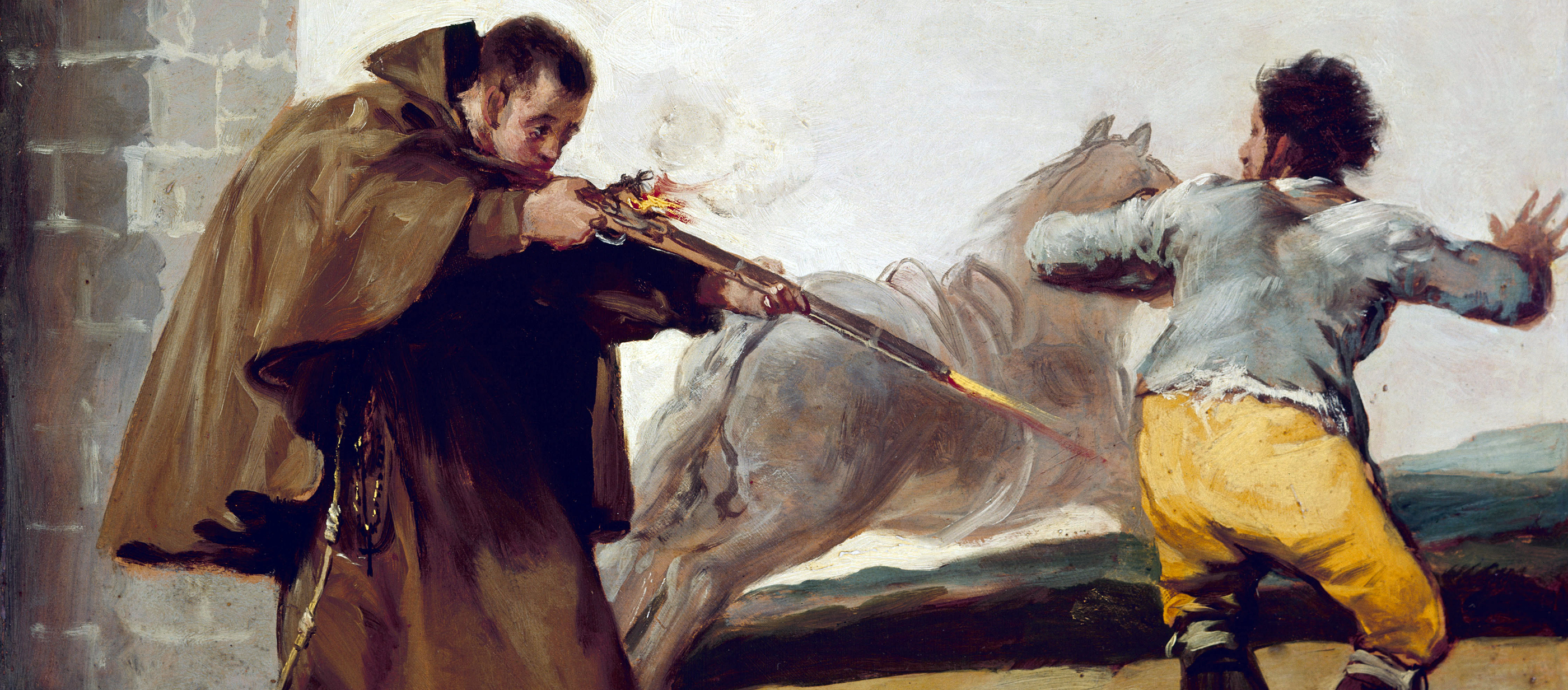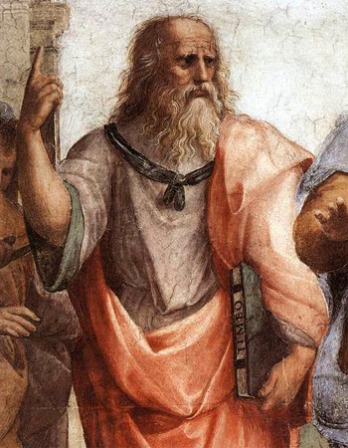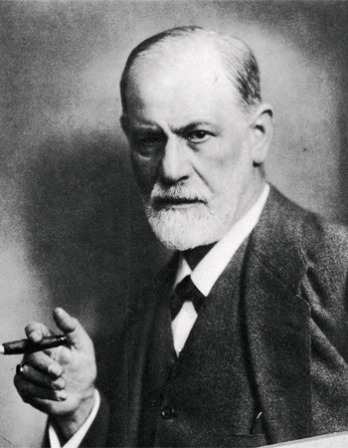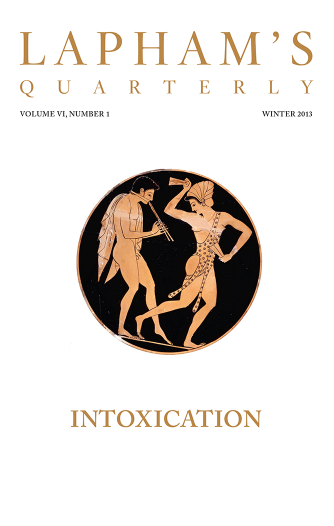Jokes are grievances.
—Marshall McLuhan, 1969Categorical Imperatives
Aristotle explains that the aim of comedy is to show men as more terrible than they really are.
As the objects of imitation are the actions of men, and these men of necessity are either good or bad (for on this does character principally depend, the manners being in men most strongly marked by virtue and vice), it follows that we can only represent men either as better than they actually are, or worse, or exactly as they are—just as, in painting, the pictures of Polygnotus were above the common level of nature, those of Pauson below it, those of Dionysius, faithful likenesses.
Now it is evident that each of the imitations mentioned above will admit of these differences, and become a different kind of imitation, as it imitates objects that differ in this respect. This may be the case with dancing, with the music of the flute and of the lyre, and also with the poetry which employs words—or verse only, without melody or rhythm. Thus, Homer has drawn men superior to what they are; Cleophon, as they are; Hegemon the Thasian, the inventor of parodies, and Nicochares, the author of the Deliad, worse than they are.
Tragedy also, and comedy, are distinguished in the same manner, the aim of comedy being to exhibit men worse than we find them; that of tragedy, better.
Poetry, following the different characters of its authors, naturally divided itself into two different kinds. They who were of a grave and lofty spirit chose for their imitation the actions and the adventures of elevated characters: while poets of a lighter turn represented those of the vicious and contemptible. And these composed, originally, satires, as the former did hymns and encomiums. Of the lighter kind, we have no poem anterior to the time of Homer, though there were in all probability many of the sort, but from his time we have some, such as his Margites and others of the same species, in which the iambic was introduced as the most proper meter. And hence the name of iambic—because it was the meter in which they used to iambize, i.e., to satirize, each other.

Friar Pedro Shoots El Maragato as His Horse Runs Off, by Francisco José de Goya y Lucientes, c. 1806. Art Institute of Chicago, Mr. and Mrs. Martin A. Ryerson Collection.
And thus these old poets were divided into two classes—those who used the heroic and those who used the iambic verse.
And as in the serious kind Homer alone may be said to deserve the name of poet—not only on account of his other excellences but also of the dramatic spirit of his imitations— so was he likewise the first who suggested the idea of comedy, by substituting ridicule for invective and giving that ridicule a dramatic cast. For his Margites bears the same analogy to comedy as his Iliad and Odyssey to tragedy. But when tragedy and comedy had once made their appearance, succeeding poets, according to the turn of their genius, attached themselves to the one or the other of these new species: the lighter sort, instead of iambic, became comic poets; the graver, tragic instead of heroic—and that on account of the superior dignity and higher estimation of these latter forms of poetry.
Whether tragedy has now, with respect to its constituent parts, received the utmost improvement of which it is capable, considered both in itself and relatively to the theater, is a question that belongs not to this place.
Both tragedy, then, and comedy, having originated in a rude and unpremeditated manner—the first from the dithyrambic hymns, the other from those phallic songs which, in many cities, still remain in use—each advanced gradually toward perfection by such successive improvements as were most obvious.
Tragedy, after various changes, reposed at length in the completion of its proper form. Aeschylus first added a second actor; he also abridged the chorus and made the dialog the principal part of tragedy. Sophocles increased the number of actors to three and added the decoration of painted scenery. It was also late before tragedy threw aside the short and simple fable and ludicrous language of its satiric original, and attained its proper magnitude and dignity.
Comedy, as was said before, is an imitation of bad characters: bad not with respect to every sort of vice but to the ridiculous only, as being a species of turpitude or deformity, since it may be defined to be—a fault or deformity of such a sort as is neither painful nor destructive. A ridiculous face, for example, is something ugly and distorted, but not so as to cause pain. The successive improvements of tragedy and the respective authors of them have not escaped our knowledge, but those of comedy, from the little attention that was paid to it in its origin, remain in obscurity. For it was not till late that comedy was authorized by the magistrate and carried on at the public expense: it was at first a private and voluntary exhibition. Indeed, from the time when it began to acquire some degree of form, its poets have been recorded, but who first introduced masks or prologues or augmented the number of actors—these and other particulars of the same kind are unknown.

Aristotle
From the Poetics. The second book of this treatise, which dealt in more depth with comedy, has been lost. Aristotle believed that Sophocles’ Oedipus the King was among the finest Greek tragedies, exemplifying his concepts of the tragic hero, reversal, recognition, and catharsis. While the Poetics is often considered the first and most influential work of literary criticism in the world, the only version available throughout the Middle Ages and early Renaissance was a Latin translation of an Arabic commentary on it by the Arab philosopher Averroës.




